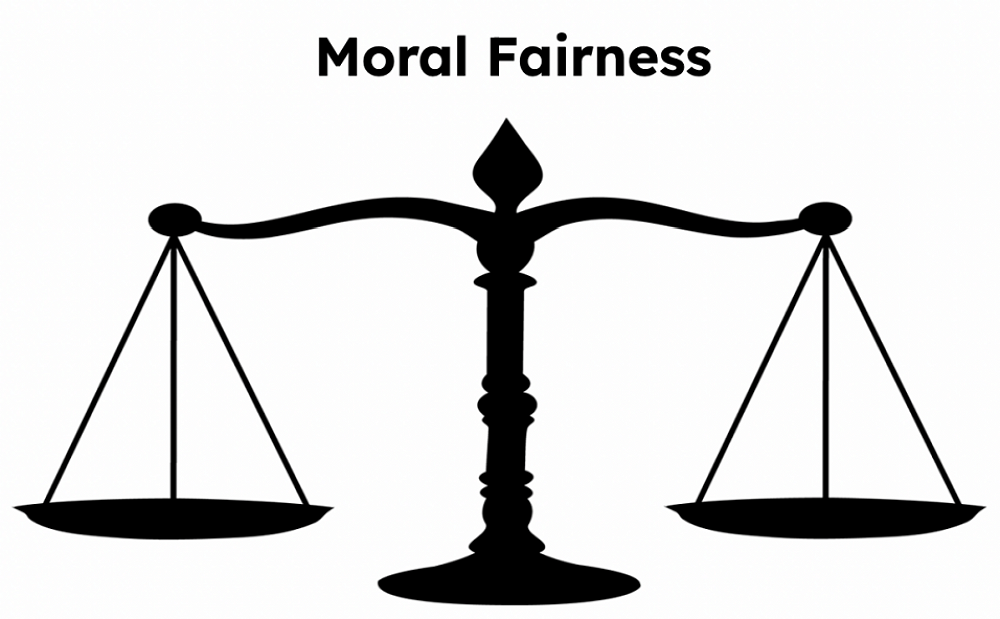
Restorative Practice at Te Rito Harakeke - Marshland School
At Te Rito Harakeke - Marshland School, our Positive Behaviour Support Plan and Procedures Plan aligns closely with the principles of Restorative Practice. This is a relational approach to managing school life grounded in the beliefs about equality, dignity, mana and the potential of all people.
The PB4L Restorative Practice focuses on building and maintaining positive and respectful relationships across the school community and offers staff best practice tools and techniques to maintain and restore relationships. By building and maintaining positive respectful relationships within a school, staff to staff, staff to student, and student to student, issues are more easily managed.
What is PB4L Restorative Practice?
By building and maintaining positive and respectful relationships across school communities, PB4L Restorative Practice gives school staff best practice tools and techniques to maintain and restore relationships if things go wrong.PB4L Restorative Practice has four underlying principles:
Positive interpersonal relationships are a major influence on behaviour.
A culture of care supports the mana of all individuals in the school community.
Cultural responsiveness is key to creating learning communities of mutual respect and inclusion.
A restorative approach leads to individuals taking responsibility for their behaviour.
PB4L Restorative Practice can impact our school culture by promoting:
A calmer school environment, with less classroom disruption and more time for teaching
An increase in the engagement and learning of students in the classroom
Growth in relational and problem-solving skills, both for adults and students across the school community
Improvements in attitudes and relationships across the whole school community
A consistent best-practice approach across the whole school community that aligns with the school’s shared values.
We believe that building, enhancing, and restoring relationships across any workplace, community group, school, or culture, is essential for a strongly connected, empathetic functioning society.
Punitive Responses - focus on punishment
What rule has been broken?
Who is to blame?
What is the punishment going to be?
Restorative Responses - focus on accountability, healing, and needs
Who has been affected?
How have they been affected?
Who is obligated to put things right?
In addition to Restorative Practice, our approach also included the concept of moral fairness - actions, processes, and consequences that are morally right. It is vital that all instances of inappropriate behaviour are dealt with in a manner that is fair and which reflects natural justice.
The success of the Restorative Practice approach depends on the consistency with which it is implemented.
